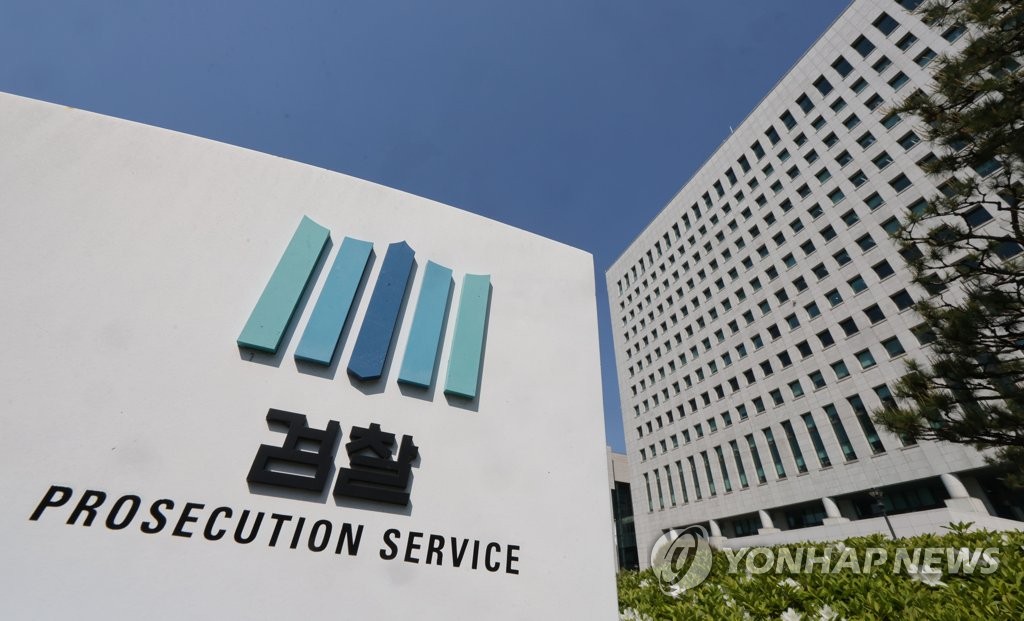- California Assembly OKs highest minimum wage in nation
- S. Korea unveils first graphic cigarette warnings
- US joins with South Korea, Japan in bid to deter North Korea
- LPGA golfer Chun In-gee finally back in action
- S. Korea won’t be top seed in final World Cup qualification round
- US men’s soccer misses 2nd straight Olympics
- US back on track in qualifying with 4-0 win over Guatemala
- High-intensity workout injuries spawn cottage industry
- CDC expands range of Zika mosquitoes into parts of Northeast
- Who knew? ‘The Walking Dead’ is helping families connect
National Assembly passes remaining bill for prosecution reform
The ruling Democratic Party railroaded the last-remaining bill on prosecution reform through the National Assembly amid opposition protest Tuesday, completing its push to reduce and ultimately remove the prosecution’s investigative powers.
The revision to the Criminal Procedure Act, the remaining half of the ruling DP’s prosecution reform legislation, was passed in a 164-3 vote, with seven abstentions in just three minutes after the opening of a parliamentary plenary session.
The revision calls for limiting the scope of the prosecution’s supplementary investigations.
PPP lawmakers attended the session but boycotted the vote in protest.
The move follows Saturday’s passage of the revision to the Prosecutors’ Office Act that reduces the prosecution’s investigative powers to only two crime types — corruption and economic crimes — from the current six, before removing them completely.
President Moon Jae-in planned to hold a Cabinet meeting at 2 p.m. to promulgate the legislation into law. The session had originally been scheduled for 10 a.m. but was pushed back until after the parliamentary passage of the bill.
The legislation will go into effect four months after its promulgation.
Following the passage of the revision to the Criminal Procedure Act, the DP also railroaded a bill to create a special judiciary reform committee to discuss the establishment of a major crime investigative unit like the U.S. Federal Bureau of Investigation that is expected to take the prosecution’s remaining investigative powers.
The DP, which holds 171 out of 300 seats, has been trying to pass the two bills and get them signed into law before the May 10 inauguration of President-elect Yoon Suk-yeol, because Yoon would be expected to veto the bills.
The rival parties have been wrangling for weeks over the bills as the DP has insisted they are necessary to ensure the prosecution does not abuse its investigative powers for political purposes, while the PPP has countered they will leave the people with fewer means to seek justice for crimes.
Brokered by National Assembly Speaker Park Byeong-seug, the two sides reached a compromise deal, under which the prosecution’s investigative powers would be reduced from six crime types to two before being removed completely, but the PPP backtracked following criticism that lawmakers colluded to shield themselves from prosecution investigations as the agreement calls for striping the prosecution of its right to investigate election crimes.
“The compromise deal was virtually the agreement between the ruling and opposition parties that came out after long discussions of their floor leaders and lawmakers,” Park said following the passage of the bill. “I want to be clear that this agenda was processed from the viewpoint of the people and national interest.”
After the plenary session, PPP lawmakers stood outside Cheong Wa Dae and displayed signs to demand Moon’s veto of the legislation.
“Parliamentary democracy was trampled; and procedures and principles were collapsed against tricks and cheats,” said Kim Hyung-dong, a spokesperson of the PPP. “We really hope the last Cabinet meeting of President Moon does not end with the promulgation of evil prosecution reform laws.”















